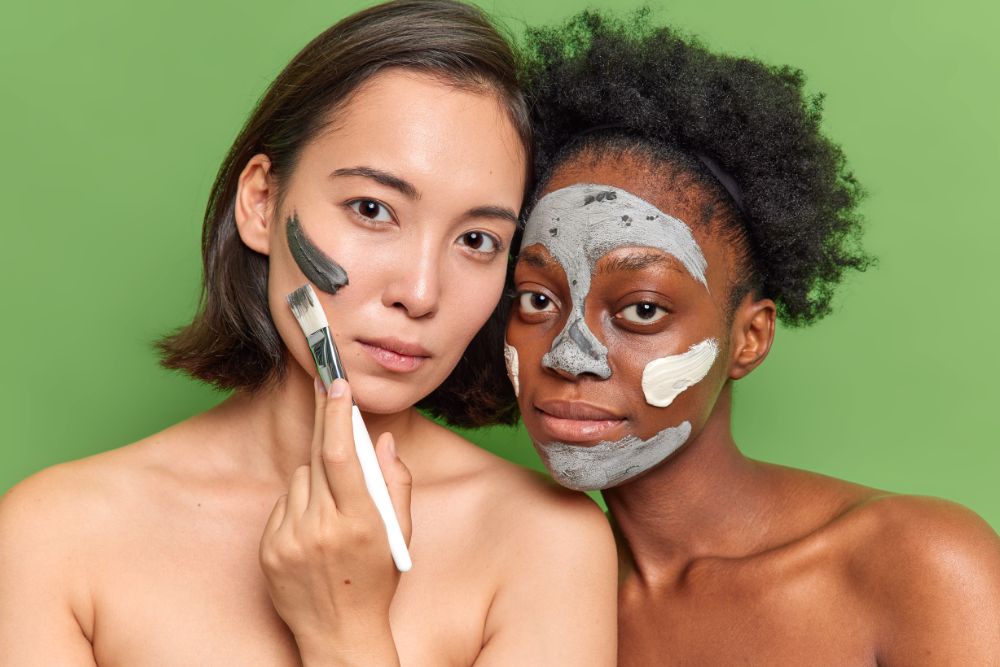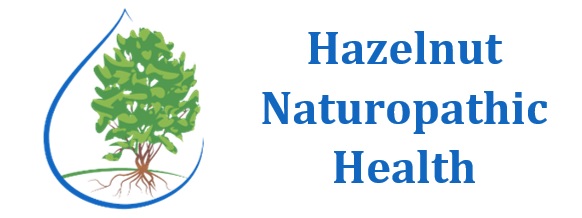
Protect Your Skin Naturally
Beauty is indeed more than skin deep, but that doesn’t mean you should ignore skin health. Your skin is the largest organ of your body. It protects you from germs, wounds, and ultraviolet light. It allows you to feel the world around you through touch with pain, temperature, and pressure sensors. Unsurprisingly, millions of men and women worldwide agree skin is important. In 2023, over 758 billion dollars were spent worldwide on skin care. So, you know protecting your skin is important. But with all those options, how do you decide what’s best? Here are some ideas to consider.
Limit Sun Exposure
We know the sun is good for us, but too much can also be dangerous. It’s nearly impossible to hide from the sun. Overexposure can lead to burns, cancer, and premature aging. With that in mind, here are a few things you can do to keep your skin its healthiest.
The most basic part of skin health is to reduce direct sun exposure. Always apply sunscreen to exposed skin if you expect to be outside for more than a few minutes. Use sun protection with a factor (SPF) of 15 or higher for adults and 30 or higher for children. Sunscreen should say it is ‘broad spectrum’ or ‘blocks UVA and UVB’ on the bottle. It should be applied at least 20 minutes before you go outside. Plan on reapplying after swimming, sweating heavily, or every two hours, whichever comes first.
There are many options to protect your skin from the sun and companies are constantly improving and creating new formulas. There are chemical options or natural options that use zinc oxide to block the sun. Chemical sunscreens absorb the sun’s rays while being absorbed by the skin. Mineral sunscreens reflect the sun and generally cause less irritation to those with sensitive or acne-prone skin. If you’d like to consider other ways to limit sun exposure, wear a wide-brim hat that covers your face, head, ears, and neck. Put on clothing to cover up as much skin as possible. Additionally, there are specially designed clothing items that have a SPF rating.
Natural Ways to Protect Your Skin
Eating a healthy, whole-food diet loaded with fresh fruits and vegetables helps give your body the antioxidants it needs to help protect and repair some damage to your skin. Drinking water and eating healthy oils is also helpful for hydrating your skin. Below are a few natural ways you can support your skin on the outside.
Healthy Skin Care Routine. It’s good of course to wash your skin 1-2 times daily with a gentle cleanser. Following with an astringent is especially good if you have acne. Witch hazel (Hamamelis virginiana) is a great natural option to choose. Black or green tea (Camellia sinensis) can also be a helpful antibacterial astringent. Next, follow up with a hydrating oil to keep your skin moisturized throughout the day. Some topical oil options include jojoba, argan, coconut, or almond.
Salt Bath. Bathing in sea salt has been shown to improve skin health. One study using Dead Sea salt found that daily soaking for 15 minutes might improve skin hydration and reduce skin roughness and redness. Potentially, making or using a body scrub containing sea salt may also be supportive. Be sure to use this only 1-2 times per week as it is possible to have too much of a good thing.
Herbal Washes. Many different herbs are out there to support skin health. It’s important to choose one that fits your skin goals. If you tend to have more inflamed skin, a chamomile (Matricaria recutita) or lavender (Lavandula angustifolia) rinse or bath may be helpful. Lemon balm (Melissa officinalis) is a good rinse option for skin health, as it is antiviral and antibacterial. If you have itchy skin, an oatmeal (Avena sativa) bath might help. Place the oats in a thin sock or nylon before placing them in the tub for easier cleanup. Aloe gel (Aloe vera) can also be soothing when applied topically. If you make an herbal rinse/tea at home, dip a clean cloth in the tea, saturate it, wring it out, and place the warm cloth on your face for 15 minutes a few times a week.
Final Thoughts
For some commercially available preparations, these can be purchased at your local grocery store, pharmacy, or natural health food store. If you are looking for herbal options, rose water, other herbal hydrosols, or bulk herbs are available online. If you are looking for more exotic options to protect your skin, Asian markets tend to have some unavailable at other stores. Asia has the largest market for cosmetics in the world.
As always, you should consult your doctor before modifying your skincare routine. It’s important to get a yearly skin exam; talk to your doctor to find out what age you should begin doing this. Additionally, asking a dermatologist or an esthetician will help you sort through available skin options and find what works best for your skin type.
Resources:
- Beauty and Skin Care. N.D. "Cosmetics Market Size, Share & Industry Analysis, By Category (Hair Care, Skin Care, Makeup, and Others), By Gender (Men and Women), By Distribution Channel (Specialty Stores, Hypermarkets/Supermarkets, Online Channels, and Others), and Regional Forecasts, 2024-2032." Fortune Business Insights. Revised Jul 2024. https://www.fortunebusinessinsights.com/cosmetics-market-102614
- Centers for Disease Control and Prevention. N.D. "Sun Exposure." Revised Aug 2022. https://wwwnc.cdc.gov/travel/page/sun-exposure
- Lin, Tzu-Kai, et al. 2017. "Anti-Inflammatory and Skin Barrier Repair Effects of Topical Application of Some Plant Oils." International Journal of Molecular Sciences; 19(1): 70. doi:10.3390/ijms19010070
- Merin, K. A., et al. 2022. "A Review on Sun Exposure and Skin Diseases." Indian Journal of Dermatology; 67(5): 625. doi:10.4103/ijd.ijd_1092_20
- Proksch, Ehrhardt, et al. 2005. "Bathing in a Magnesium-Rich Dead Sea Salt Solution Improves Skin Barrier Function, Enhances Skin Hydration, and Reduces Inflammation in Atopic Dry Skin." International Journal of Dermatology; 44(2): 151-7. doi:10.1111/j.1365-4632.2005.02079.x
- Shenefelt PD. 2011. "Chapter 18: Herbal Treatment for Dermatologic Disorders". Herbal Medicine: Biomolecular and Clinical Aspects. CRC Press/Taylor & Francis Boca Raton (FL); 2nd edition. https://www.ncbi.nlm.nih.gov/books/NBK92761/

Leave a Comment
(0 Comments)